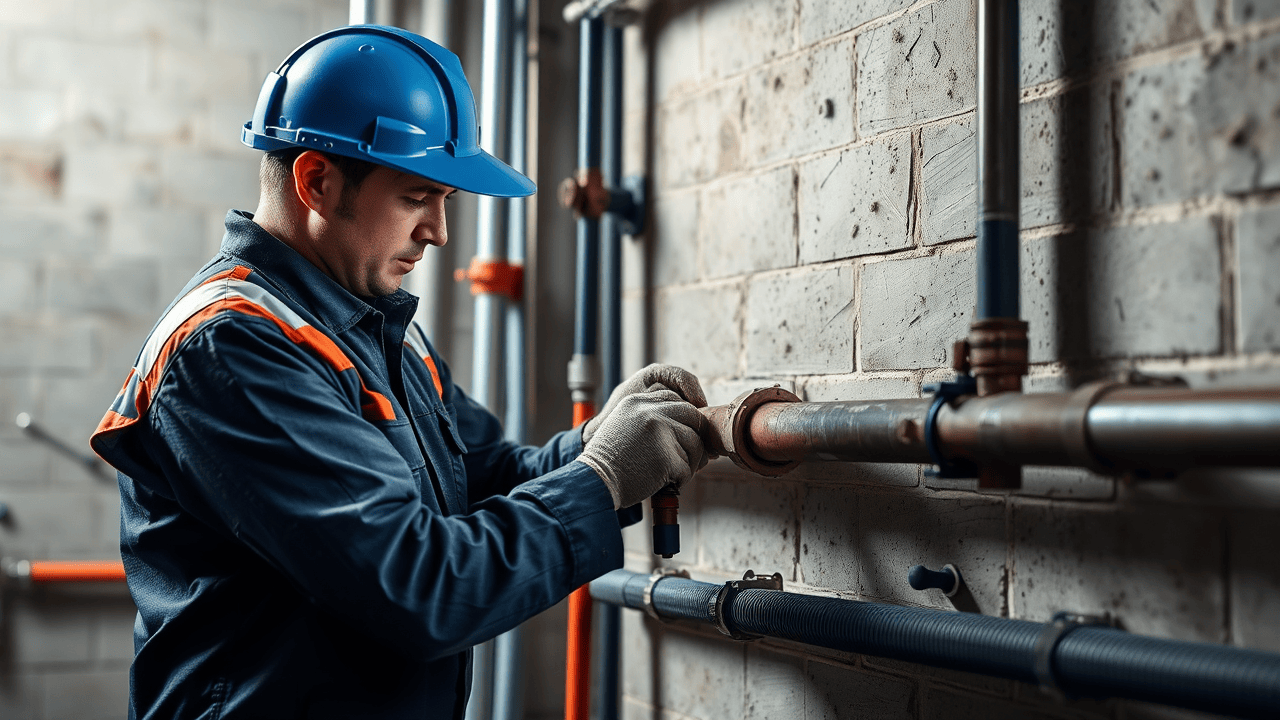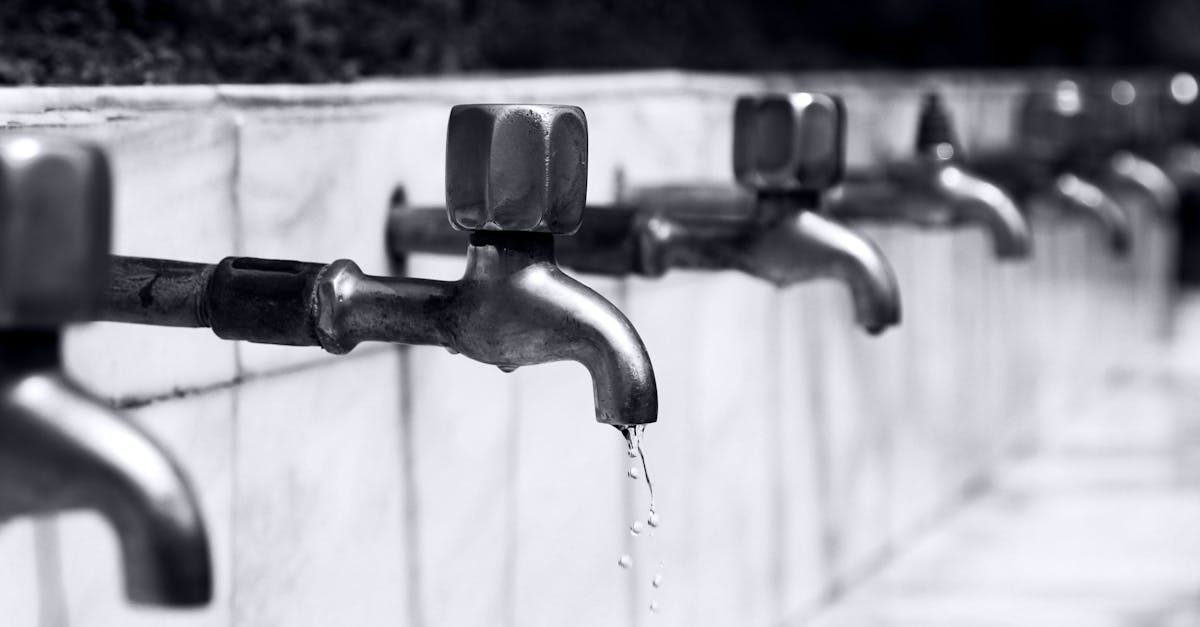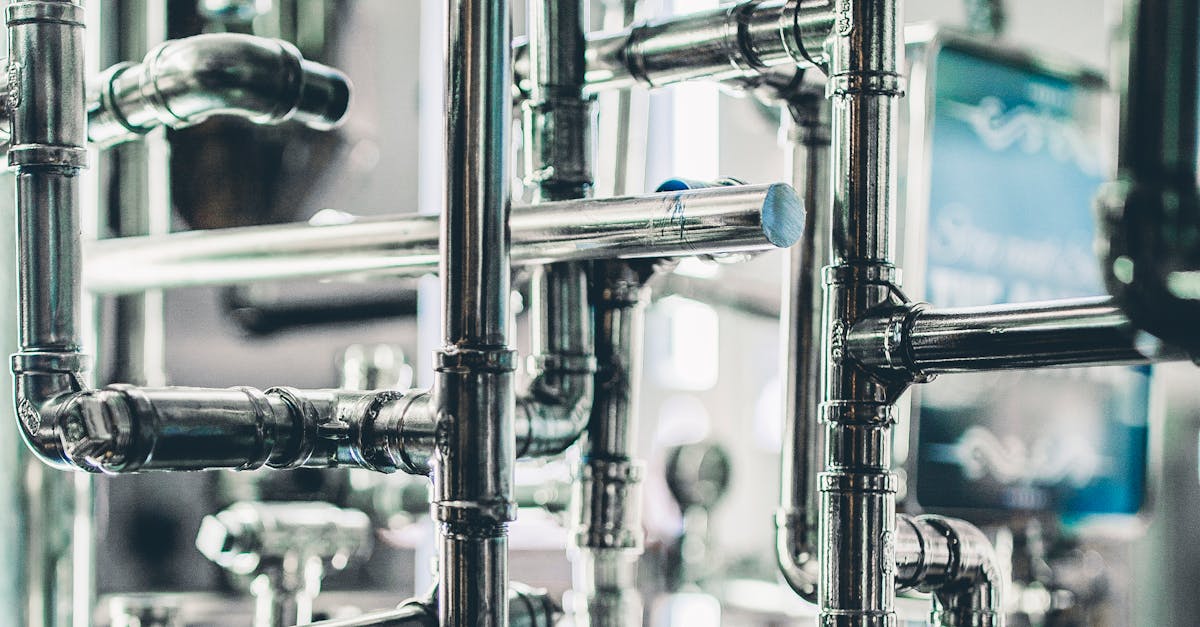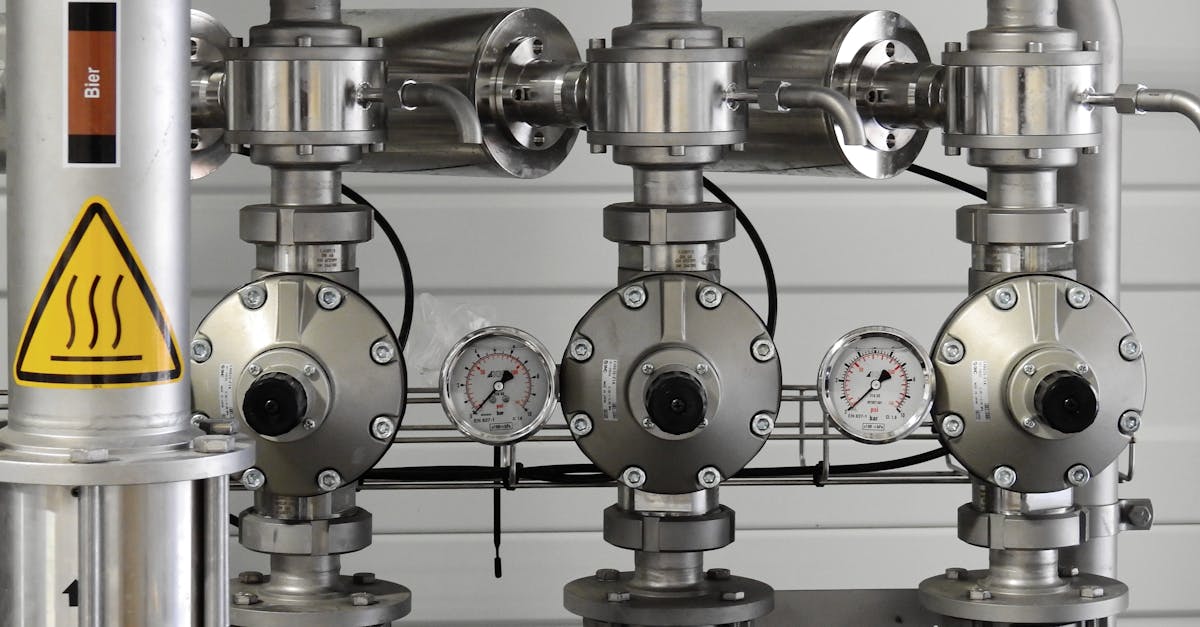
At Sniders Plumbing, we specialize in professional pipe installation and repair services tailored to meet the diverse needs of our clients. Whether you are constructing a new home, upgrading your plumbing system, or dealing with a sudden pipe leak, our experienced technicians are equipped to handle it all with precision and care. We utilize high-quality materials and advanced techniques to ensure durable, efficient piping that stands the test of time. Our commitment to exceptional customer service means we take the time to address your specific needs, providing timely and reliable solutions that restore peace of mind. Trust Sniders Plumbing for all your pipe installation and repair needs, and experience the difference of working with a dedicated team focused on quality and satisfaction.
Common Pipe Issues and Solutions
Homeowners often encounter various pipe issues that can disrupt daily life. One common problem is leakage, which can result from aging pipes or improper installation. Detecting leaks early can prevent extensive damage to your property. Additionally, clogs can form due to a buildup of debris, grease, or foreign objects. Regular inspection and cleaning can help prevent blockages and save time in repairs.
Corrosion poses another significant threat to pipe longevity. Over time, factors like water quality and pipe material can contribute to deterioration. Replacing corroded pipes with more durable materials can reduce the risk of future issues. Furthermore, improper drainage can lead to overflow and water damage. Understanding these common problems and their solutions is essential for maintaining a healthy plumbing system.
Addressing Blockages and Corrosion
Blockages in pipes can lead to significant issues if not addressed promptly. Common causes of blockages include the buildup of grease, hair, soap, and food particles that accumulate over time. These obstructions can reduce water flow and even result in pipe damage. Utilizing tools such as drain snakes or hydro-jetting can effectively clear most blockages, restoring normal function to your plumbing system.
Corrosion poses a different challenge, often gradually weakening pipes made of metal. Factors contributing to corrosion include water chemistry, age of the pipes, and exposure to certain chemicals. Regular inspections allow homeowners to catch early signs of corrosion, such as rust or discoloration. Replacement of corroded pipes may be necessary to prevent leaks and further structural damage to your home. Making informed choices about materials and maintenance can significantly enhance the lifespan of your plumbing system.
Preventive Maintenance for Pipes
Regular inspections can catch small issues before they become major problems. Checking for signs of leaks, corrosion, or unusual noises can help maintain the integrity of your plumbing system. Ensuring proper drainage and ventilation also play critical roles in preventing future complications. Keeping an eye on water pressure can reveal potential concerns that may require professional attention.
Seasonal maintenance tasks are essential for pipe longevity. Flushing out your water heater prevents sediment buildup, while cleaning out gutters and downspouts minimizes water exposure to foundation pipes. Using insulation around pipes in colder months protects against freezing. Establishing a routine maintenance schedule can catch issues early and extend the life of your plumbing infrastructure.
Tips to Extend Pipe Lifespan
Regular inspections are essential for maintaining the integrity of pipes in any plumbing system. Homeowners should schedule professional evaluations at least once a year to identify potential issues before they escalate into significant problems. During these inspections, plumbers can check for signs of wear, leaks, or corrosion. Early detection allows for timely repairs which can prevent more extensive damage and expensive replacements.
Proper insulation also plays a crucial role in extending the lifespan of pipes. Insulating pipes helps to protect them from temperature fluctuations, which can lead to freezing in colder months and subsequent bursting. Furthermore, keeping an eye on water pressure is important; excessive pressure can strain pipes and joints, leading to leaks over time. Taking these simple yet effective measures can significantly enhance the durability and longevity of your plumbing system.
Emergency Pipe Repair Services
Pipe emergencies can arise suddenly, often leading to significant damage if not addressed promptly. Responding quickly is crucial for minimizing disruptions and preventing further issues. Professional plumbers are equipped to handle a variety of situations, including burst pipes, severe leaks, and unexpected blockages. They utilize specialized tools and techniques to diagnose problems efficiently, ensuring that repairs are both effective and lasting.
During a crisis, homeowners can expect a thorough assessment of the situation. Plumbers will often arrive on-site with the necessary equipment to provide immediate solutions. Clear communication is key; professionals will explain the repair process, anticipated costs, and potential impacts on the home. This transparency helps to build trust and ensures that homeowners are well-informed about their options.
What to Expect During a Crisis
In an emergency situation, swift action is crucial to minimize damage. Plumbers typically arrive equipped with the necessary tools and materials to assess the problem effectively. Expect them to conduct a thorough inspection to determine the source of the issue, such as leaks or severe blockages. Their expertise allows them to identify problems that may not be immediately visible, ensuring a comprehensive approach to the repair.
Once the problem is diagnosed, the plumber will discuss the best course of action with you. They will explain the steps of the repair process, including estimated time frames and costs involved. Transparency during this stage is essential for fostering trust and understanding. Most professionals will prioritize resolving the issue promptly while maintaining quality workmanship to prevent future emergencies.
FAQS
What are the most common issues that can occur with pipes?
Common issues include blockages, corrosion, leaks, and cracks. These problems can lead to decreased water flow, water damage, and costly repairs if not addressed promptly.
How can I prevent blockages in my pipes?
To prevent blockages, avoid flushing non-biodegradable items down the toilet, regularly clean drains, and use a drain cover to catch hair and debris. Additionally, avoid pouring grease or food scraps down the sink.
What are some effective methods for repairing a leaky pipe?
Effective methods for repairing a leaky pipe include applying epoxy putty, using a pipe clamp, or replacing the damaged section of the pipe entirely. It's important to assess the severity of the leak before deciding on the repair method.
How often should I have my pipes inspected?
It is recommended to have your pipes inspected every 2 to 5 years, depending on the age of your plumbing system and the materials used. Regular inspections can help identify potential issues before they become serious problems.
What should I do in case of a pipe emergency?
In the event of a pipe emergency, such as a burst pipe, turn off the main water supply to prevent flooding, and contact a professional plumber immediately for assistance. It's essential to act quickly to minimize damage to your property.


